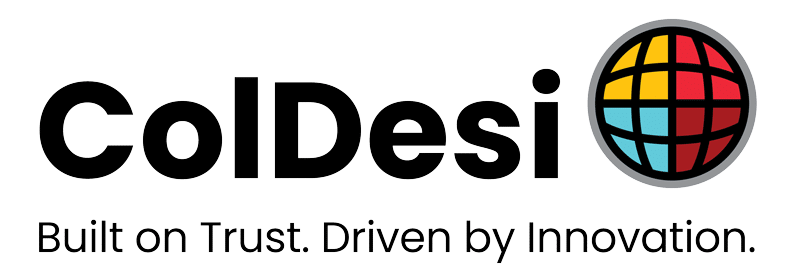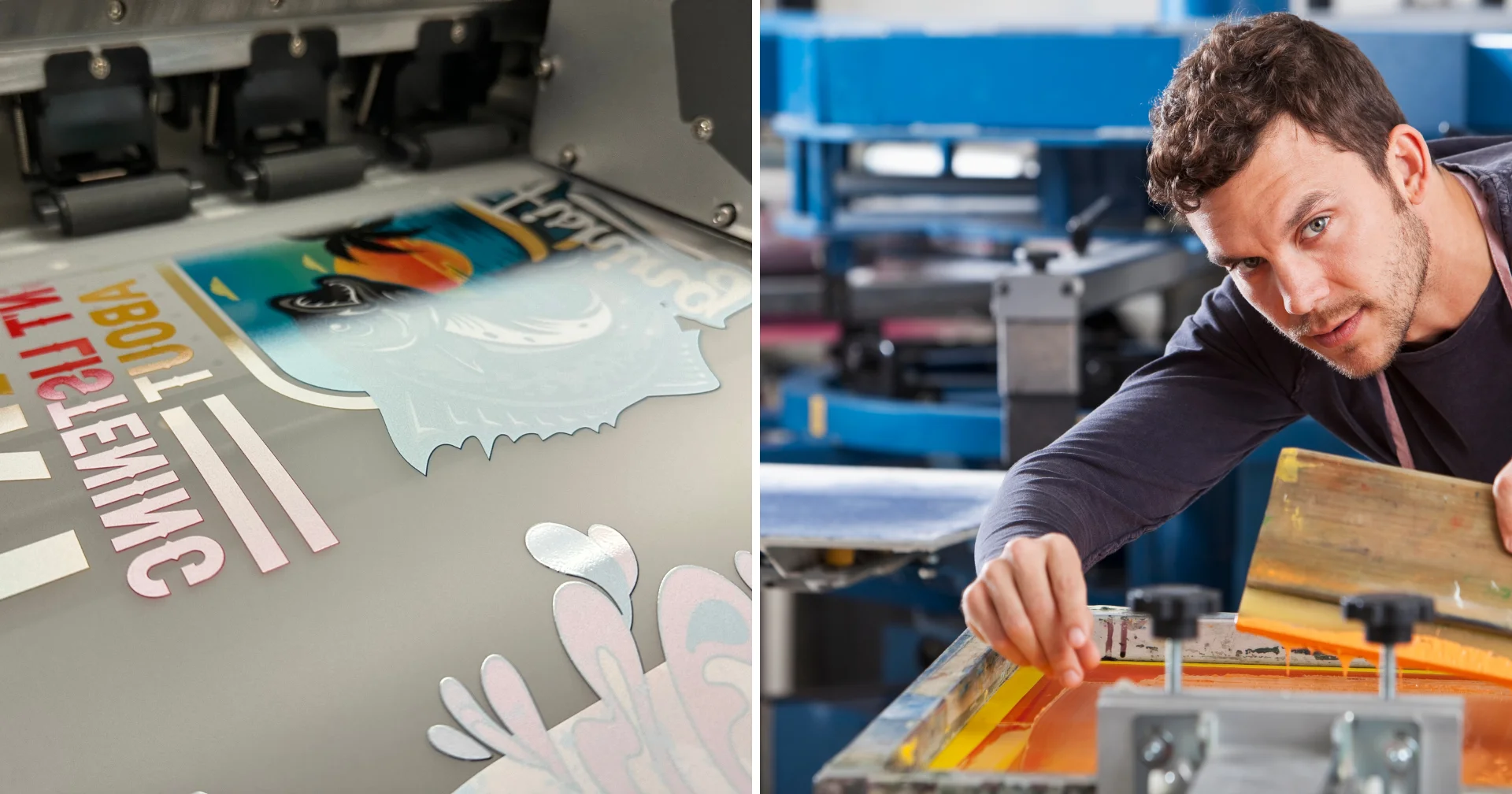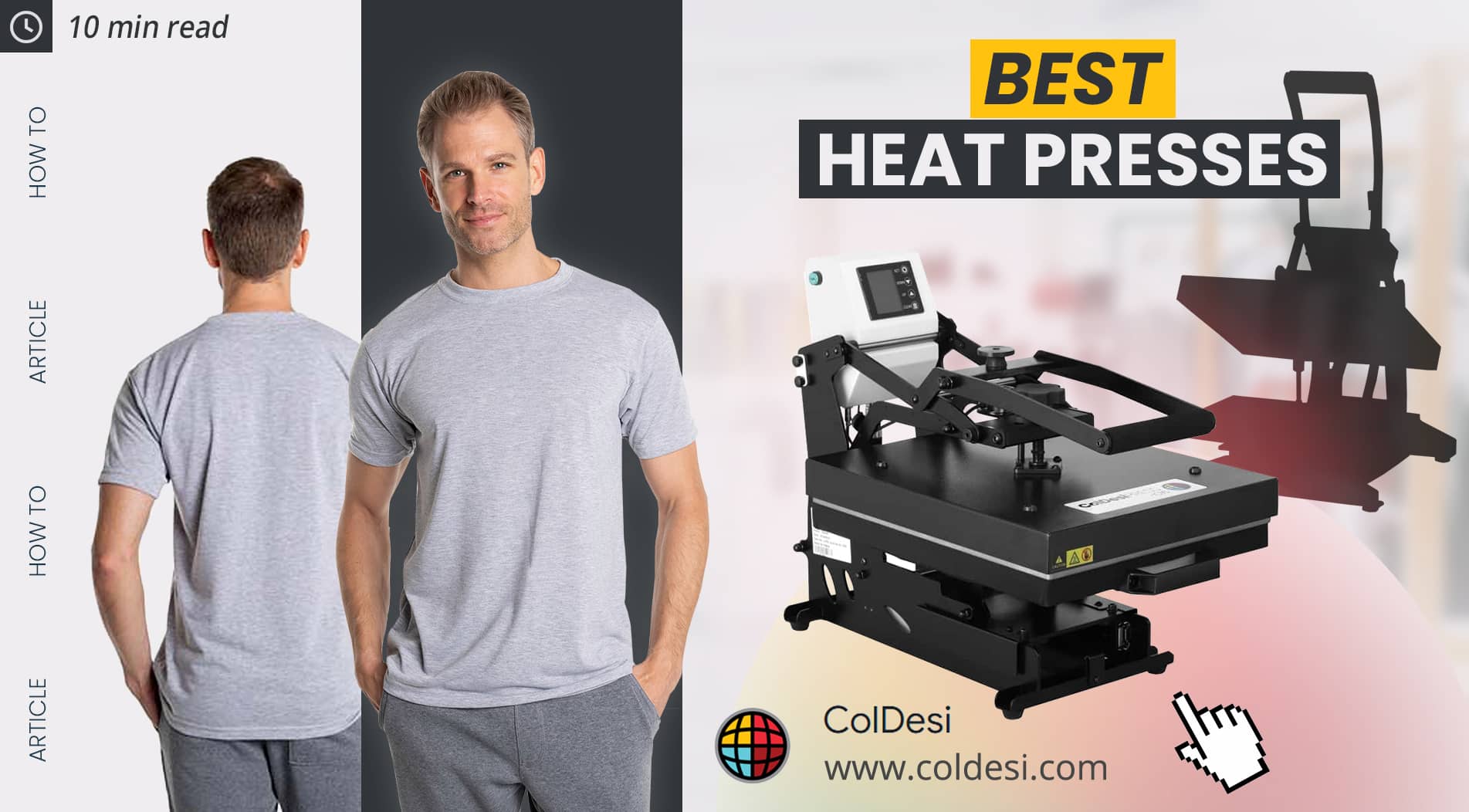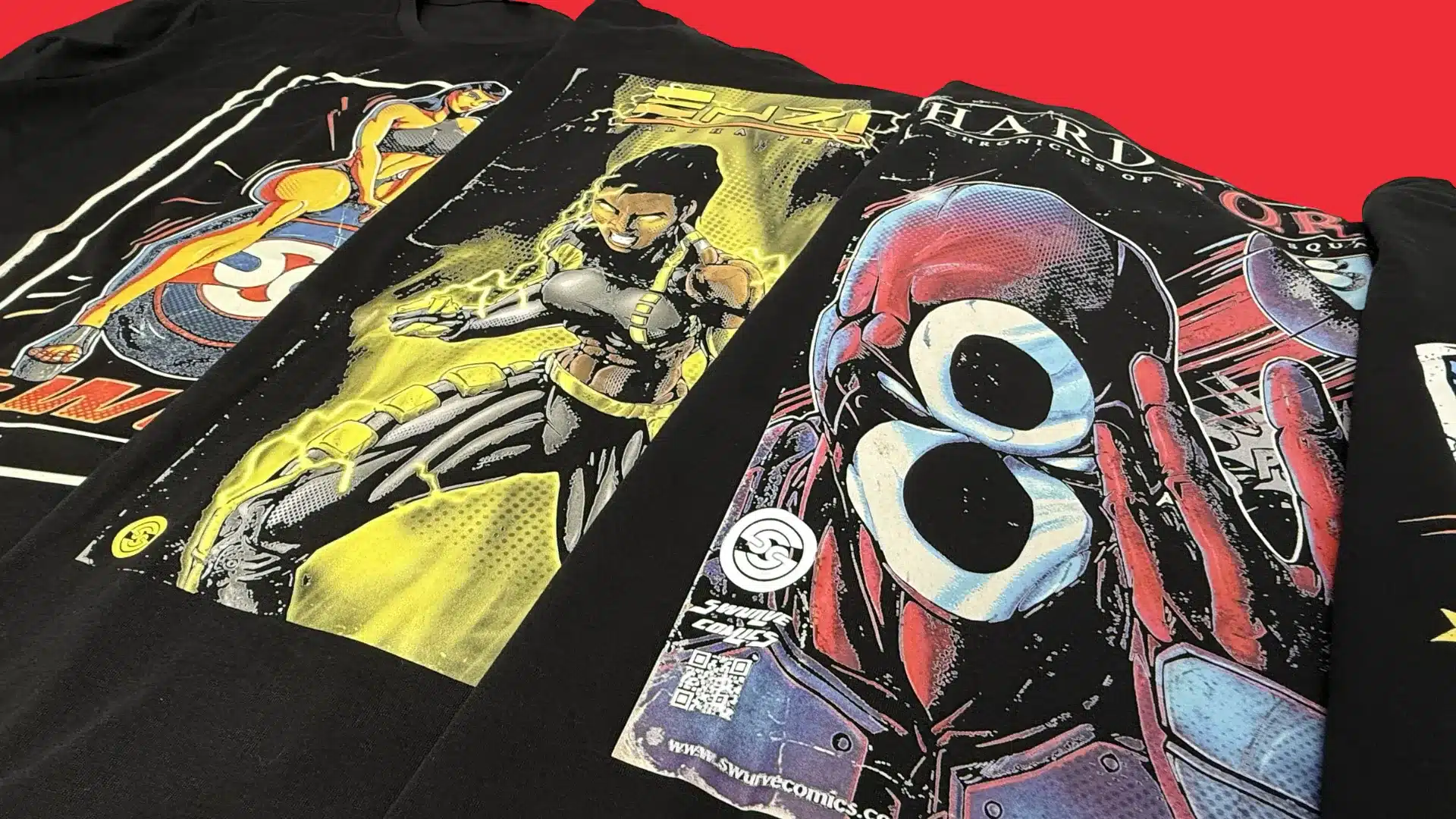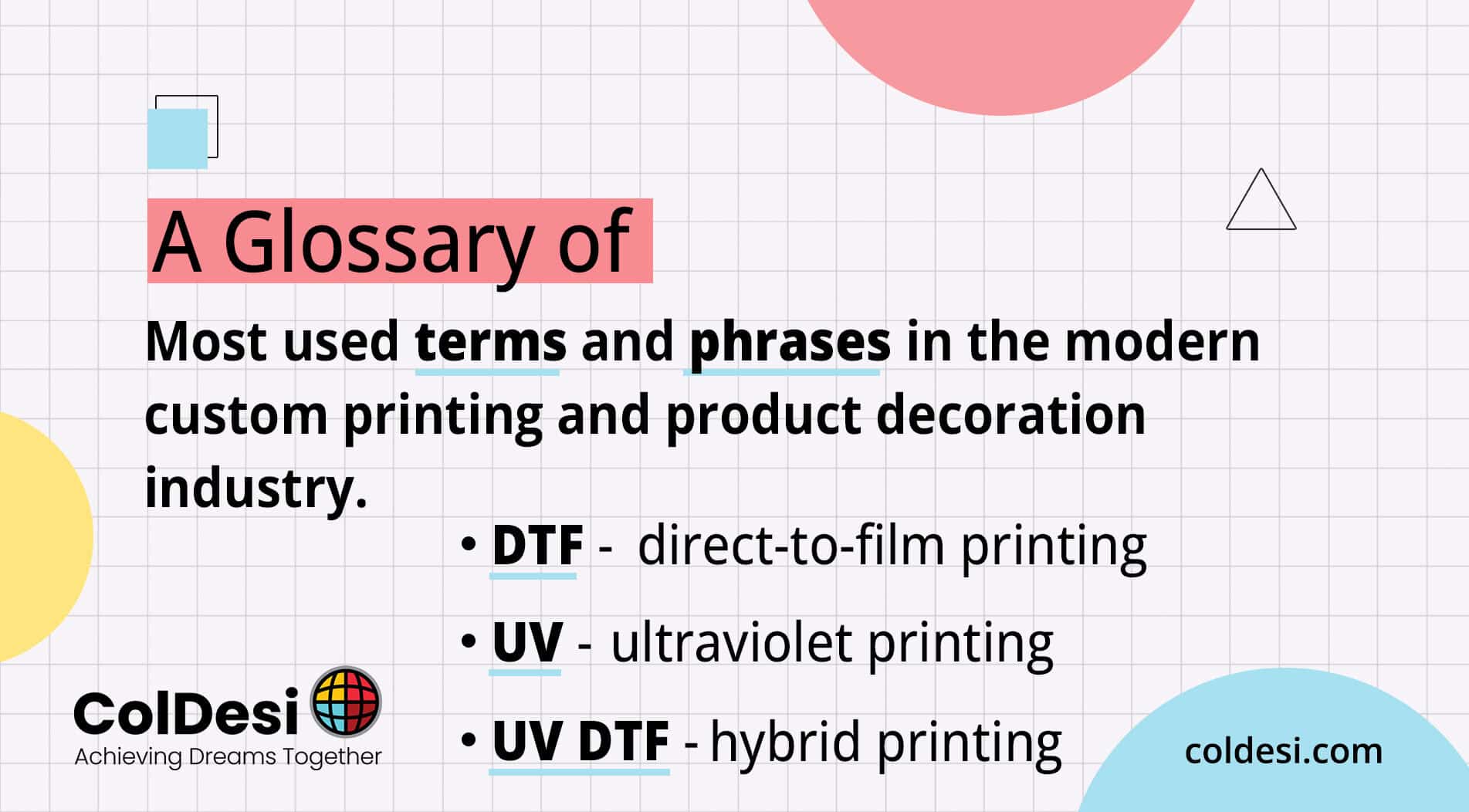Integrating Direct to Film (DTF) into an existing screen printing business is a strategic way to generate more revenue, as well as expand your service offerings and cater to a broader market.
It offers the flexibility to print detailed designs on a variety of fabrics, including those that are challenging for traditional screen printing.
Market Demand Analysis
Assessing the market demand among current and prospective customers is the first step in integrating DTF into a business. It has become popular due to its flexibility, efficiency, and high-quality output on a wide range of fabrics.
It supports small, medium, and large-scale print runs economically by reducing setup costs and waste. It offers quicker turnaround times than traditional methods, which is appealing in a market that values sustainability and speedy service. DTF’s capability for on-demand customizations suits industries that find such services impractical with screen printing.
As digital technology continues to evolve, DTF’s role in the textile printing industry is set to expand, benefiting from trends that favor customization and small to medium production.
For a screen printing business looking to remain competitive with market trends, incorporating DTF can provide a strategic advantage, catering to evolving customer needs and expanding the business’s service offerings.
Scalability Considerations
Investment Costs and Considerations
USEFUL INSIGHT: Before purchasing these items one-by-one, consider shopping DTF package bundles.
Benefits of DTF Bundle Purchases
Purchasing a DTF bundle package offers many cost-effective advantages for businesses. “Bundling” items, like equipment and consumables, comes at a discounted rate compared to buying each item separately.
Bundling reduces shipping costs, saving on logistics, especially with larger equipment.
These packages ensure compatibility among all components, promoting efficient operations and preventing issues that arise from incompatible equipment. The convenience of acquiring a complete, ready-to-use setup saves time.
It also facilitates a quicker start to operations.
Dealing with a single supplier for the bundle simplifies after-sales support, warranty claims, and technical help. Certain suppliers, like ColDesi, also offer training, which is especially beneficial for those new to DTF printing. DTF bundles streamline the buying process and provide financial savings and operational benefits.
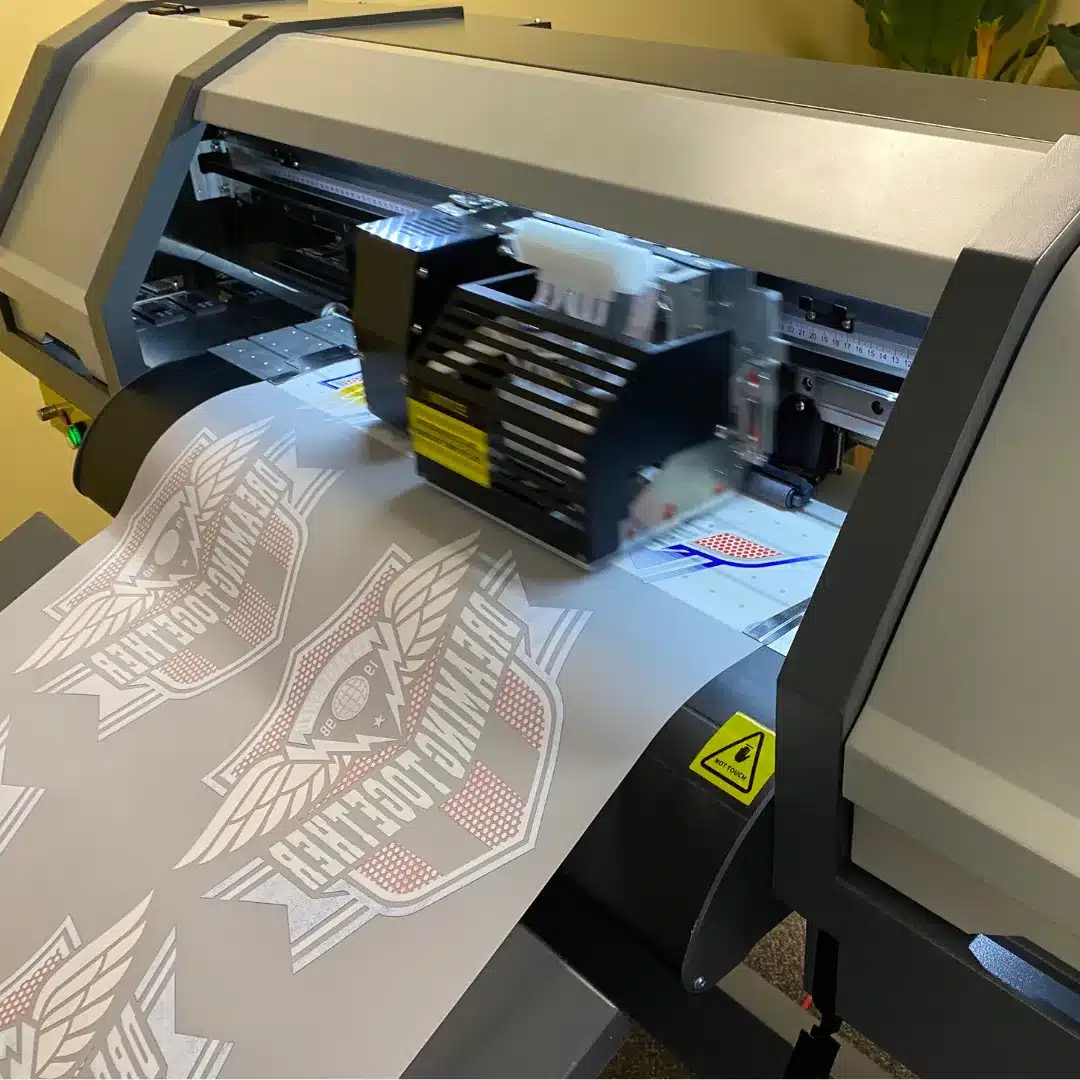
Average Investment Cost for Starting a DTF Printing Business
The average investment varies based on factors like the scale of operations, equipment quality, and business needs, ranging from $10,000 to $50,000 for small to medium-sized setups.
This includes the cost of an industrial grade DTF printer, which averages around $22,000. Consider investing in a printer that includes a powder shaker/dryer. Sold separately, a powder shaker/dryer can cost between $3,000 and $10,000, on average.
You will need to purchase a commercial heat press if your current business does not use one. Heat presses vary in price from $1,000 to $3,000, depending on capacity and durability. The DTF printing process will require proper ventilation.
The cost of ventilation extractors can vary. On average, industrial-grade extractors can range from $2,000 to $4,000, depending on their specifications and capabilities.
Operational Considerations
Understanding operational space, climate control, electrical requirements, as well as training and maintenance is essential when incorporating DTF.
You will need dedicated space for the equipment, operations, and maintenance. DTF ink and transfers are sensitive to UV rays. It is crucial to establish a storage area that is shielded from direct sunlight.
For optimal results, it is important to maintain a climate-controlled environment with consistent temperature and humidity based on the machine’s specific requirements. DTF equipment and materials function best within a moderate temperature range, typically between 68°F and 77°F.
The optimal humidity level is between 40% and 60%. The electrical requirements for equipment can vary. Most equipment operates on standard electrical voltages around 110-120V or 220-240V. It is important to check the specific requirements of each piece of equipment.
Consult an electrician to ensure your facility meets these requirements.
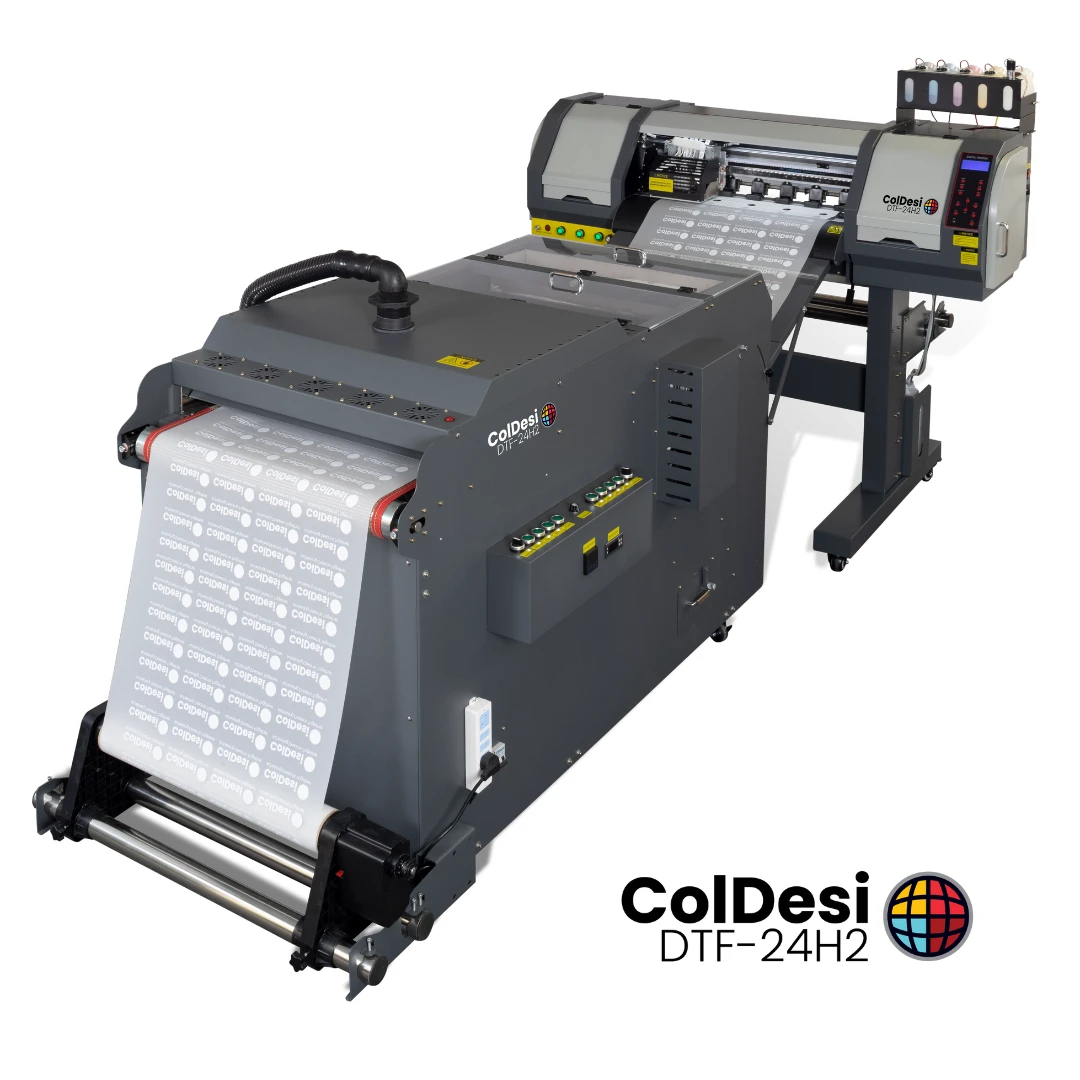
Training and Labor Considerations
Transform Your Screen Printing Business with ColDesi
Integrating DTF into an existing screen printing business allows it to diversify offerings, reach a wider market, and enhance profitability. Businesses can tap into the growing demand for customized, small to medium batch printing.
Position your business at the forefront of the competitive digital textile landscape with the help of ColDesi. We provide top-tier DTF equipment, consumables, and exclusive bundle packages, complemented by industry-leading training to streamline your processes. Ready to elevate your business with DTF? Contact us today at 877.793.3278 or engage in a Live Chat with a DTF Pro. Transform your approach and watch your business grow!
Ready to grow your business with DTF? Call today 877.793.3278 or Live Chat below with a DTF Pro.
